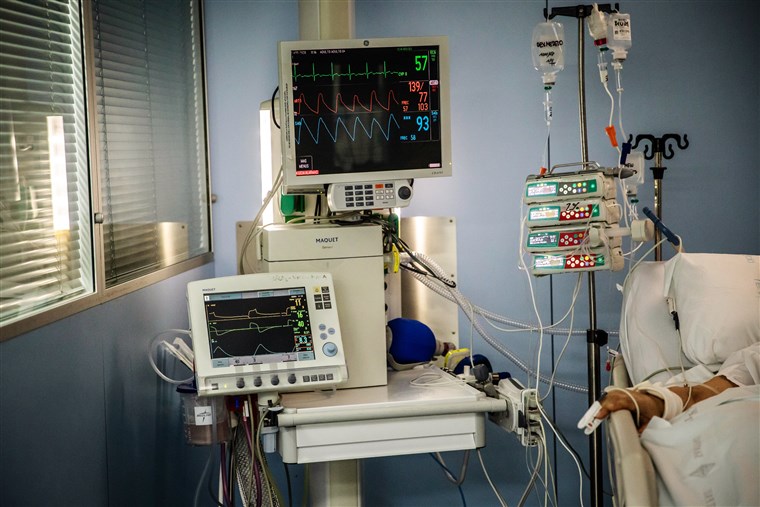There are no products in your shopping cart.
| 0 Items | £0.00 |


NIGERIAN government ministers have commenced talks with local automobile form the Innoson Vehicles Manufacturing Company (IVMC) about the possibility of making ventilator machines at its Nnewi plant.
Although so far, Nigeria has only had 305 cases of coronavirus and seven fatalities, there are fears that the pandemic could hit the country hard in the coming weeks. Some health experts fear that as many as 39,000 Nigerians could be affected and as such, have armed that precautionary measures need to be taken to prepare the country for such an eventuality.
So far, many Nigerians state governments have opened isolation centres and testing is being increased but the country lacks the much-needed equipment to treat affected people. Innoson had asked the federal government to grant it a loan of $10m so it can reconfigure its Nnewi production line to enable it manufacture ventilators and this request is now being considered.
Otunba Niyi Adebayo, Nigeria's minister for trade and industry, revealed that discussions have begun with Innoson with a view to reaching an agreement. Also, Mansur Ahmed, the president of the Manufacturers Association of Nigeria added that his members have increased the domestic production capacity for face masks to 27m from 2m in February.
“We are also engaging our indigenous car manufacturers at this time to prepare them to tweak their operations to begin the manufacture of Made in Nigeria ventilators, critical medical equipment in the fight against the virus," Otunba Adebayo said.
Last month, his ministry set up a committee on the sustainable production and delivery of essential commodities during the Covid-19 crisis. According to Otunba Adebayo, his ministry is collaborating with the Manufacturers Association of Nigeria, the Nigerian Association of Chamber of Commerce Industry Mines and Agriculture, the Nigerian Traders Association and other relevant stakeholders to guarantee unhindered production of essential items like food, medical and pharmaceutical products.
Mr Ahmed added that manufacturers had stepped up output to ensure uninterrupted production of essential goods, including the supply of raw materials. He said that as imports of essential goods dropped, local manufacturers were trying to bridge the gap by ramping up domestic production.